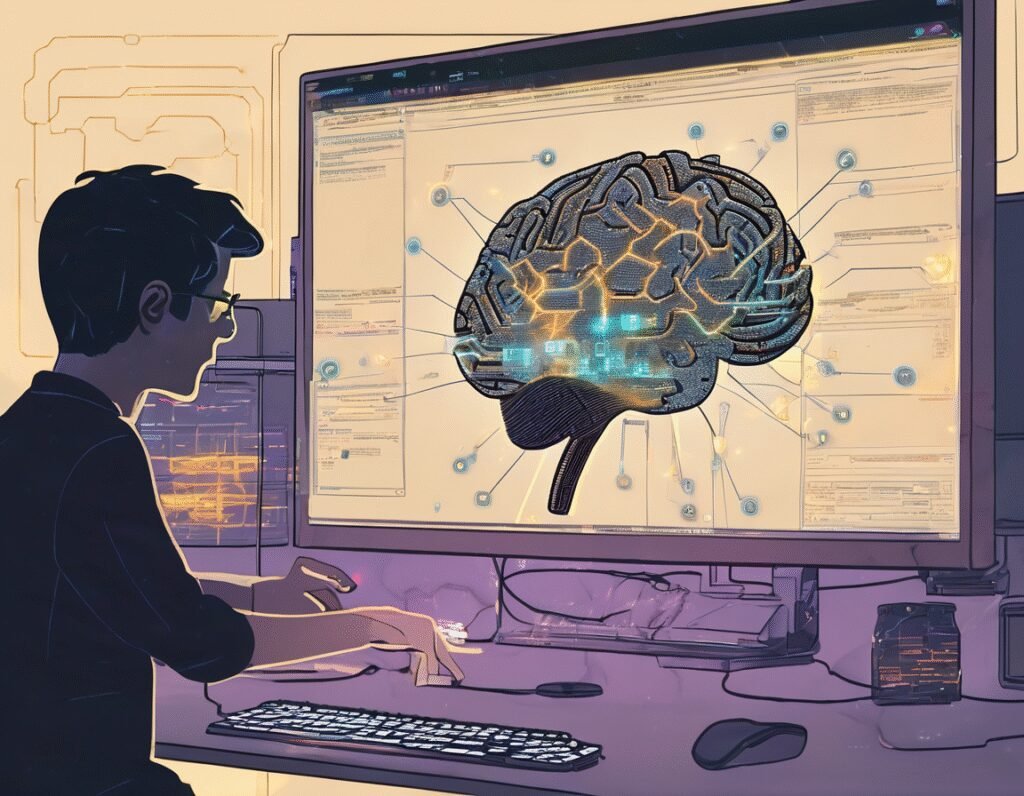The Hidden Cost of AI Coding Assistants A Surge in Crypto Security Vulnerabilities
Artificial intelligence is rapidly becoming a standard tool for developers, promising to accelerate the creation of code and streamline workflows. However, this increased speed and convenience comes with a significant and often overlooked downside a dramatic rise in security vulnerabilities, a critical concern for the crypto and blockchain space where code integrity is paramount.
Recent research reveals a troubling trend. Developers who utilize AI assistants are producing ten times more security problems in their code compared to those who do not rely on the technology. This statistic highlights a fundamental issue AI models are trained on vast datasets of existing code, which includes both secure and insecure examples. Without a deep understanding of context and security best practices, these systems can inadvertently replicate and even amplify dangerous patterns.
The scale of this problem is expanding at an alarming rate. By the middle of this year, AI generated code was found to be responsible for creating approximately 10,000 unique security issues every single month. This figure represents a tenfold increase from the number recorded just six months prior, indicating that the problem is growing exponentially as adoption of these AI tools becomes more widespread.
For the cryptocurrency industry, this trend is particularly alarming. Smart contracts that manage millions of dollars in digital assets are built on code. A single flaw, a small vulnerability introduced by an AI that did not understand the security implications of its suggestion, can be catastrophic. These vulnerabilities can range from common reentrancy attacks and improper access control to more subtle logic errors that can be exploited by malicious actors to drain funds from decentralized applications.
The core issue is that AI coding assistants function as powerful autocomplete tools. They are designed to predict and generate the most likely next line of code based on their training, but they do not possess a true understanding of security. They cannot reason about the intentional maliciousness of an attacker or the complex financial implications of a bug in a DeFi protocol. They prioritize speed and syntactic correctness over security and robustness.
This creates a dangerous sense of complacency. A developer, especially one new to blockchain development, might accept an AI suggested code snippet assuming it has been vetted for security, when in reality it may introduce a critical flaw. The responsibility ultimately falls on the human developer to thoroughly audit and test every line of code, but the sheer volume and apparent sophistication of AI generated output can make this a daunting task.
The solution is not to abandon AI tools entirely, but to adopt a mindset of zero trust towards their output. AI generated code must be subjected to even more rigorous security scrutiny than human written code. This involves comprehensive testing, peer reviews by senior developers, and the use of specialized security auditing tools designed to find vulnerabilities in smart contracts and blockchain applications.
The promise of AI in coding is immense, but for the crypto world, the stakes could not be higher. Embracing these powerful new tools requires a proportional increase in security diligence to ensure that the quest for efficiency does not compromise the foundational security that blockchain technology is built upon.

